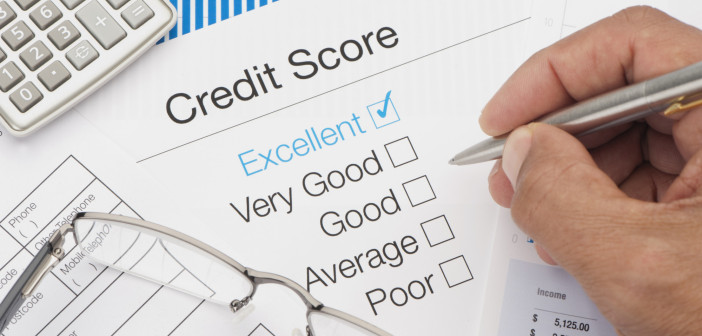Maybe you’ve heard a lot of talk about your credit score, but never given much thought to it. Perhaps you don’t understand the big deal about it. However, if you aren’t focusing on your score, you should be; for most people, it’s a very important number. A person’s credit score has a lot of impact and influence on various factors in their lives, and it pays to understand how it can affect you.
How Credit Score Can Help
The higher your credit score is, the better – period. Having a higher credit score shows to the credit agencies that you are financially responsible and capable of handling higher loan amounts and lower interest rates. Credit score affects everything from the amount of money you’re eligible for in a home loan to the amount of interest student debt accrues. People with high credit scores find it easy to maintain them due to the amount of leniency financial institutions tend to show.
How Credit Score Can Hurt
A low or bad credit score can have a major impact on someone’s life. Bad credit means you’re not eligible for many credit cards, nor are you able to take out large amounts on a loan without obscenely high interest amounts. Many institutions, including apartment complexes, will examine your credit score before lending to you – and a poor credit score can influence their decision to approve you or not. Some utility companies will require a deposit before giving you service if your credit is bad.
The list can go on and on. The most difficult part is that bad credit can be difficult to repair; it is much easier to destroy a good credit rating than it is to raise a bad one.
How You Can Change Your Credit Score
There are many things a person can do to improve their credit. The first is to make all payments on time; any late fees you’re charged, whether it is in regards to your power and utility bills or your credit card payment, will decrease your credit score by a few points. According to Credit Sesame, payment history makes up “as much as 35% of your credit score, so it is absolutely vital that you make payments on time, every time in order to improve your credit rating.”
A helpful way to get started would be to request a copy of your credit score. Although you may see many ways of doing this advertised, the only reliable method is through AnnualCreditReport.com – it provides everyone with a free copy of their credit report once per year. If you find errors on your report, dispute them; getting errors removed can have a major effect on your credit score.
Standing balances also affect your score in negative ways; it is a good idea to try to pay off any balance you may have. A good way to build credit is to use your card once per month, then pay off the entire balance before the month ends. This will result in you have a $0 balance once per month, helping to improve your score. If you have any balance overdue, pay it as soon as possible.
Finally, avoid applying for anything that needs a credit check. Too many credit checks within a limited period of time will raise red flags and potentially decrease your credit rating. New accounts also lower your average account age, which is the average of all of your lines of credit combined – this plays a role in determining your score, as well.
While it takes time to rebuild bad credit, don’t give up. By being financially responsible and only using a credit card when absolutely necessary, you can rebuild your credit in the years to come. Some credit blemishes take as many as 7 years to go away, however, so begin to nurture an attitude of patience – repairing credit isn’t fast, and it isn’t easy, but it is worth it.




